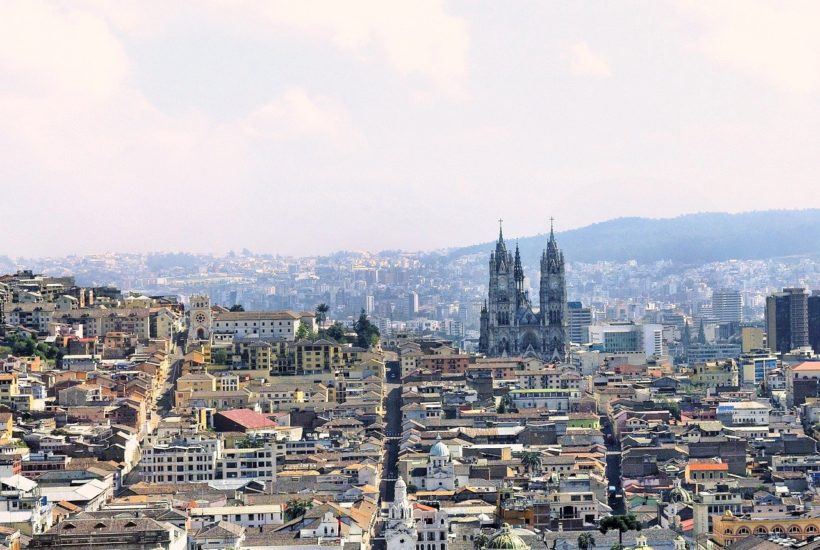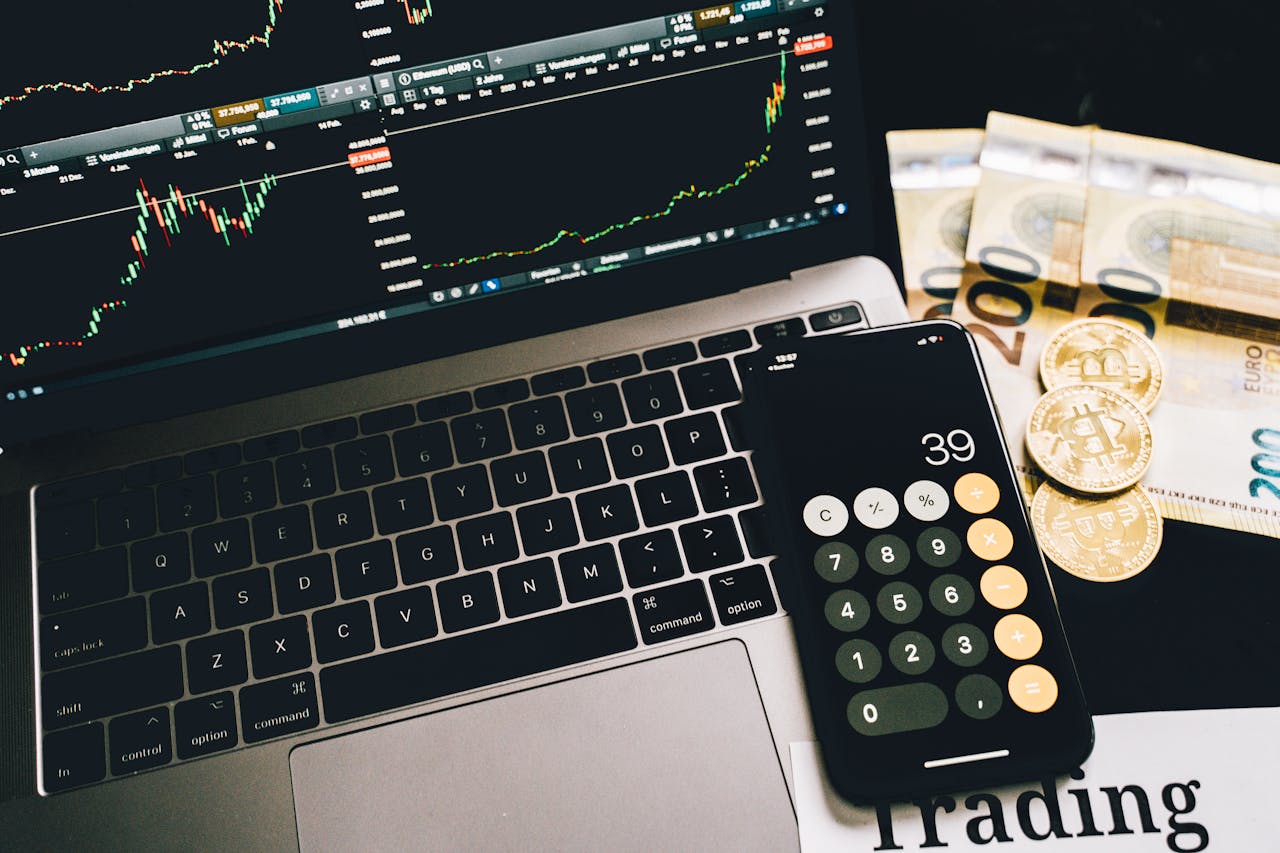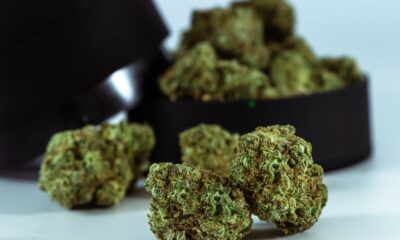Cannabis
What types of licenses for the production of cannabis will be granted in Ecuador
Ecuador is committed to be a part of the billion dollars cannabis market and has recently put in place a regulatory framework for the cannabis sector. The Ministry of Agriculture and Livestock will grant seven types of licences, including a license for the import and sale of seeds, production and processing of derivatives and one for commercialization and export.

The Ministry of Agriculture and Livestock (MAG) will grant seven types of licenses for the production of non-psychoactive cannabis and industrial hemp in Ecuador, according to the regulations approved this October 19th.
The cannabis industry, which has pharmaceutical, textile, and food uses, among others, moves about $150 billion in the world and the Ecuadorian government sees cannabis as an alternative for producers in the country.
The controversy of cannabis lies in the percentages of its two main components: CBD, which has medicinal properties, and THC which produces psychoactive effects. The Ecuadorian legislation defined that the seeds that are sowed must not exceed 1 percent of THC.
With this regulation, Ecuador is starting practically from scratch, as there is no market for seeds of cannabis plants in the country. For that reason, the permits range from import, cultivation and production of derivatives, to research and export.
The Hemp.im application organizes what’s happening in the cannabis sector to help you learn more about the stories that matter to you. Read more about the cannabis legal framework in Ecuador and the types of licenses companies interested in cannabis should apply for with the Hemp.im mobile app. Stay informed with the latest hemp news and get the important information in one application.
Anyone who wants to get a permit must submit a proposal for one of these alternatives:
1. Import and sale of seeds
2. Production and sale of seeds and cuttings
3. Production of non-psychoactive seeds and industrial hemp
4. Production of industrial hemp
5. For plant breeding and germplasm banks
6. Production and processing of derivatives
7. For commercialization and export
For those who wish to generate the entire chain, from import to processing of derivatives and export, the Undersecretary of Agricultural Production, Andrés Luque, indicated that they can access the third license that allows all participation, without the need for an additional permit, as long as all requirements are met.
Luque estimated that for every 10 thousand hectares of industrial hemp produced in the country, $300 million can be obtained, exceeding the profitability of bananas.
Some groups are not happy with the new rules, arguing they are in favor of large companies
There are many sectors interested in investing or bringing in large capitals, especially for the production of CBD that would go to the European markets for pharmaceutical uses.
However, there are also groups and cannabis collectives that promoted the decriminalization of this plant for medicinal uses and now feel excluded from the regulation, since one of the requirements of the MAG says that licenses will be granted for crops of no less than two hectares, impossible to achieve for small producers. They argued that the regulation is aimed at large companies.
In addition, among the documentation to be presented by applicants will be: criminal record certificate, both of the legal representative, and of the directors, shareholder partners or members with a participation greater than 6 percent of the company’s capital.
MAG estimated that the processing of licenses will not take more than two months from the application.
__
(Featured image by DEZALB via Pixabay)
DISCLAIMER: This article was written by a third party contributor and does not reflect the opinion of Born2Invest, its management, staff or its associates. Please review our disclaimer for more information.
This article may include forward-looking statements. These forward-looking statements generally are identified by the words “believe,” “project,” “estimate,” “become,” “plan,” “will,” and similar expressions. These forward-looking statements involve known and unknown risks as well as uncertainties, including those discussed in the following cautionary statements and elsewhere in this article and on this site. Although the Company may believe that its expectations are based on reasonable assumptions, the actual results that the Company may achieve may differ materially from any forward-looking statements, which reflect the opinions of the management of the Company only as of the date hereof. Additionally, please make sure to read these important disclosures.
First published in ViSTAZO, a third-party contributor translated and adapted the article from the original. In case of discrepancy, the original will prevail.
Although we made reasonable efforts to provide accurate translations, some parts may be incorrect. Born2Invest assumes no responsibility for errors, omissions or ambiguities in the translations provided on this website. Any person or entity relying on translated content does so at their own risk. Born2Invest is not responsible for losses caused by such reliance on the accuracy or reliability of translated information. If you wish to report an error or inaccuracy in the translation, we encourage you to contact us.

-

 Crypto4 days ago
Crypto4 days agoThe Crypto Market Rally Signals Possible Breakout Amid Political Support and Cautious Retail Sentiment
-

 Impact Investing2 weeks ago
Impact Investing2 weeks agoEuropeans Urge Strong Climate Action Amid Rising Awareness and Support
-

 Crypto8 hours ago
Crypto8 hours agoBitcoin Hits New Highs in USD, But Euro Investors See Limited Gains
-

 Crypto1 week ago
Crypto1 week agoXRP vs. Litecoin: The Race for the Next Crypto ETF Heats Up
























